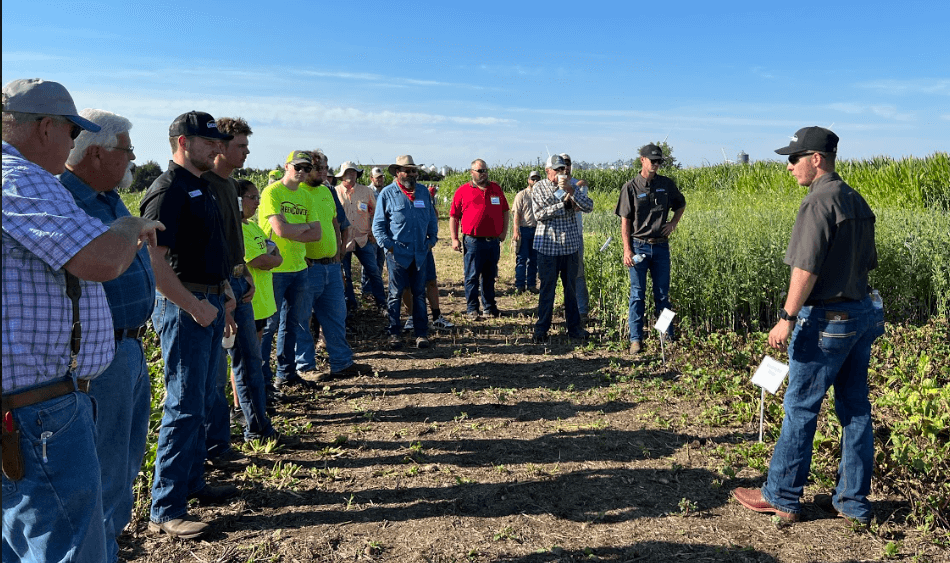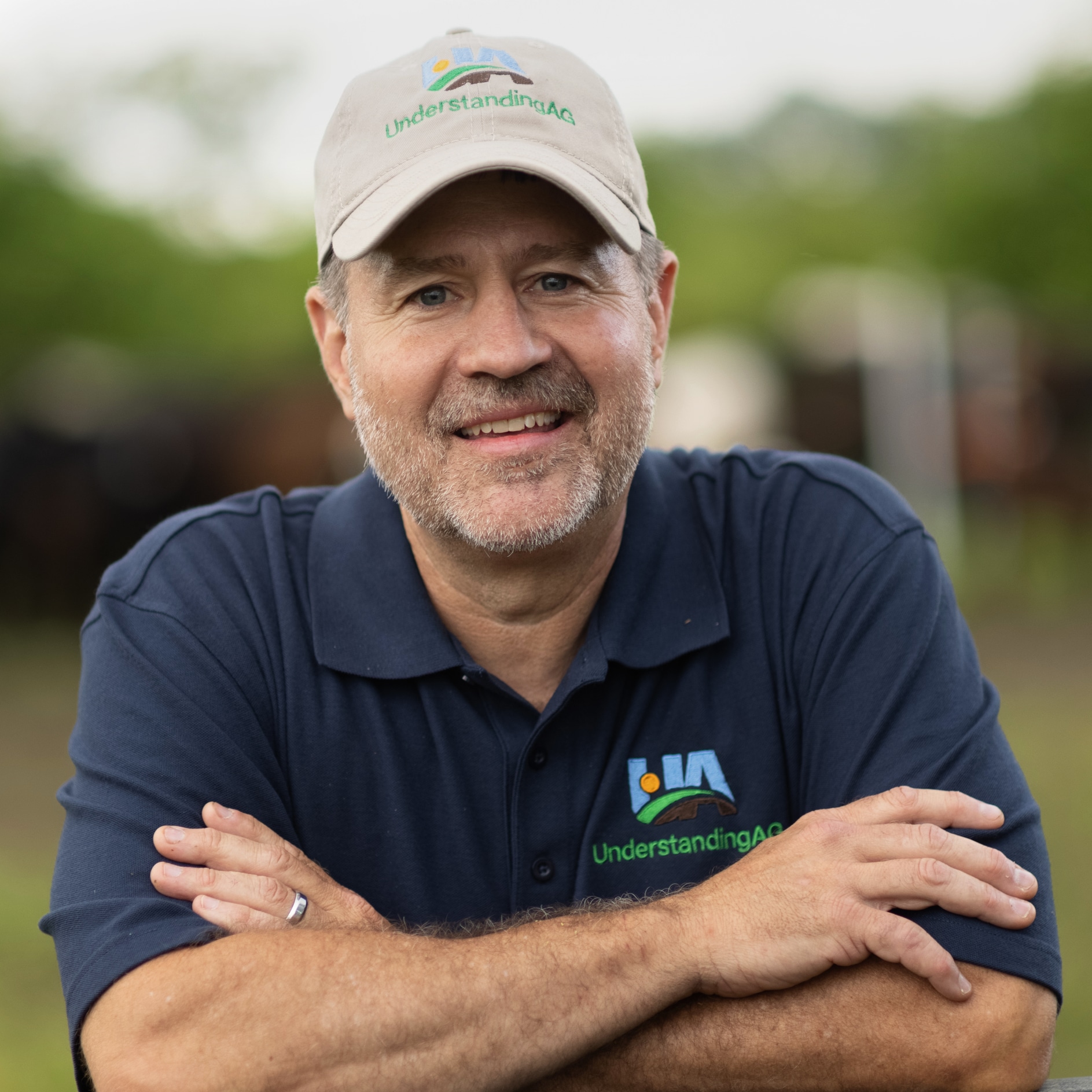You just attended a training on regenerative agriculture and you come home excited and motivated for the changes you are going to implement on your operation. You want to plant a 46 species cover crop mix on your cropping operation, produce grass-finished beef, pastured pork, have laying hens and meat chickens, and market products at the local farmers market each weekend.
All of this enthusiasm for change to a regenerative approach is a wonderful thing, but in order to be realistic and successful, the principle of “context” needs to come first. It is a vital concept into which we should put much of our thought before making significant changes on our operation. 
The Oxford English Dictionary defines context as “The background to an event that helps to explain it”. Simply put, my context determines what works for me based on my situation, including considerations such as my environment, my financial situation, or other things that may be unique to me. Frankly, everyone’s context is unique to them. Without understanding your context, no matter the enthusiasm or drive, you could be taking two steps back before even going forward on your regenerative journey.
As a consultant for Understanding Ag, one of the things I spend a significant amount of time on is understanding my client’s context. This can be financial, environmental, family/neighbor situations such as hostility to what they are doing, or even their spiritual beliefs.
For example, it is easy to work with a producer in central Iowa and understand he doesn’t need to be growing rice. But how about one who wants to raise and market his own products, yet works a full-time job in town that finances most of his operation? What is the financial situation of their operation? Is the operation vital for all of the family’s income, or is it more of a hobby? How about the family situation? Are all family members or decision makers “on board” with the changes? Each of these examples form a unique set of challenges or opportunities for this operation. While profitability and longevity of each operation is our goal as consultants, the path getting there might be much different based on the “context” of this operation. The path to a truly regenerative operation is like running a marathon, not a sprint! 
One of the axioms I use when working with clients is, “Slower can actually be faster”. Take things on a gradient and perfect them before trying to go full speed. Grow some grass-fed beef for your family. Plant cereal rye cover crop ahead of beans. Raise a few sheep. Above all, study, observe, and learn before you go full bore.
It can be difficult when learning a regenerative approach not to want to change the entire operation at the same time. Instead, keep it simple and use the vast experience and knowledge of successful operators to make the learning curve less steep on your operations. Don’t be afraid of “learning experiences”. Try new things on a small scale to figure out what works for you and your area. Focus instead on the six principles of soil health, and your journey will be rewarding and profitable.
This article first appeared in the 9th Edition of Green Cover's Soil Health Resource Guide.
Also check out the 10th edition, our latest Soil Health Resource Guide, over 90 pages packed with scientific articles and fascinating stories from soil health experts, researchers, farmers, innovators, and more! All as our complimentary gift to you, a fellow soil health enthusiast!
